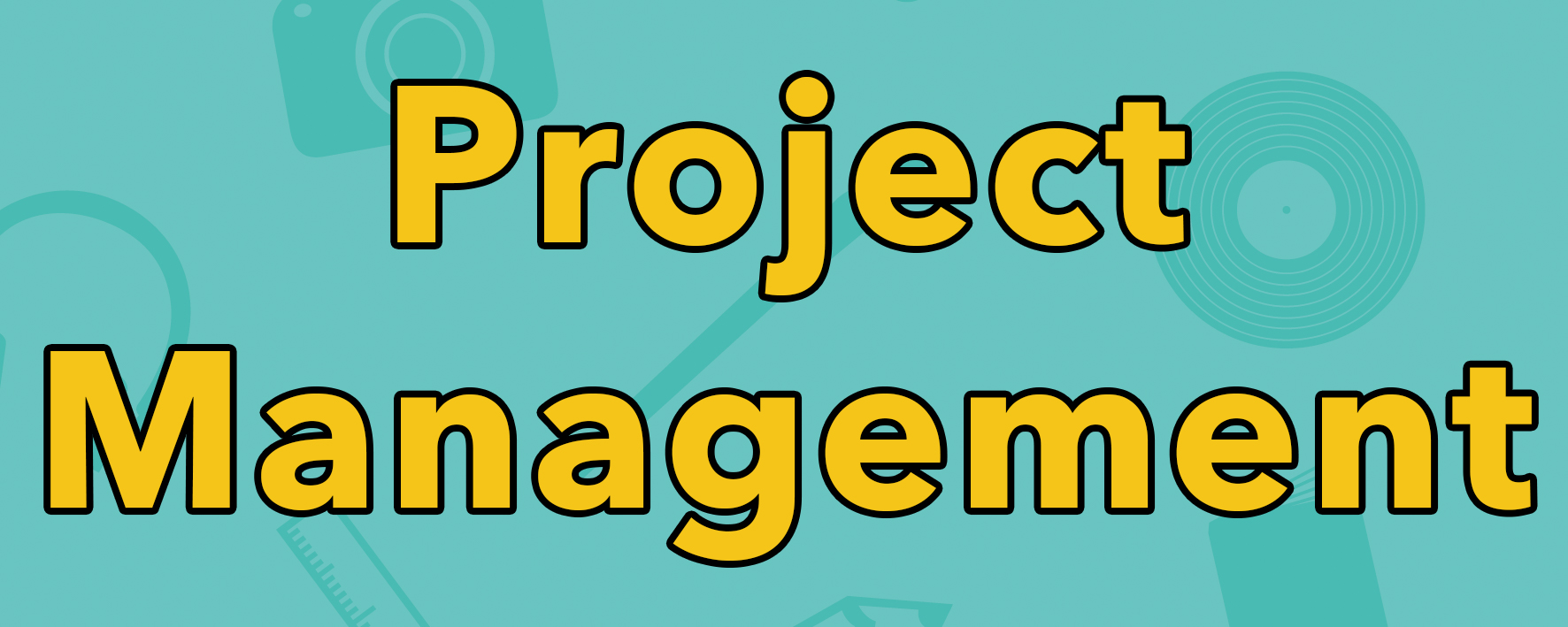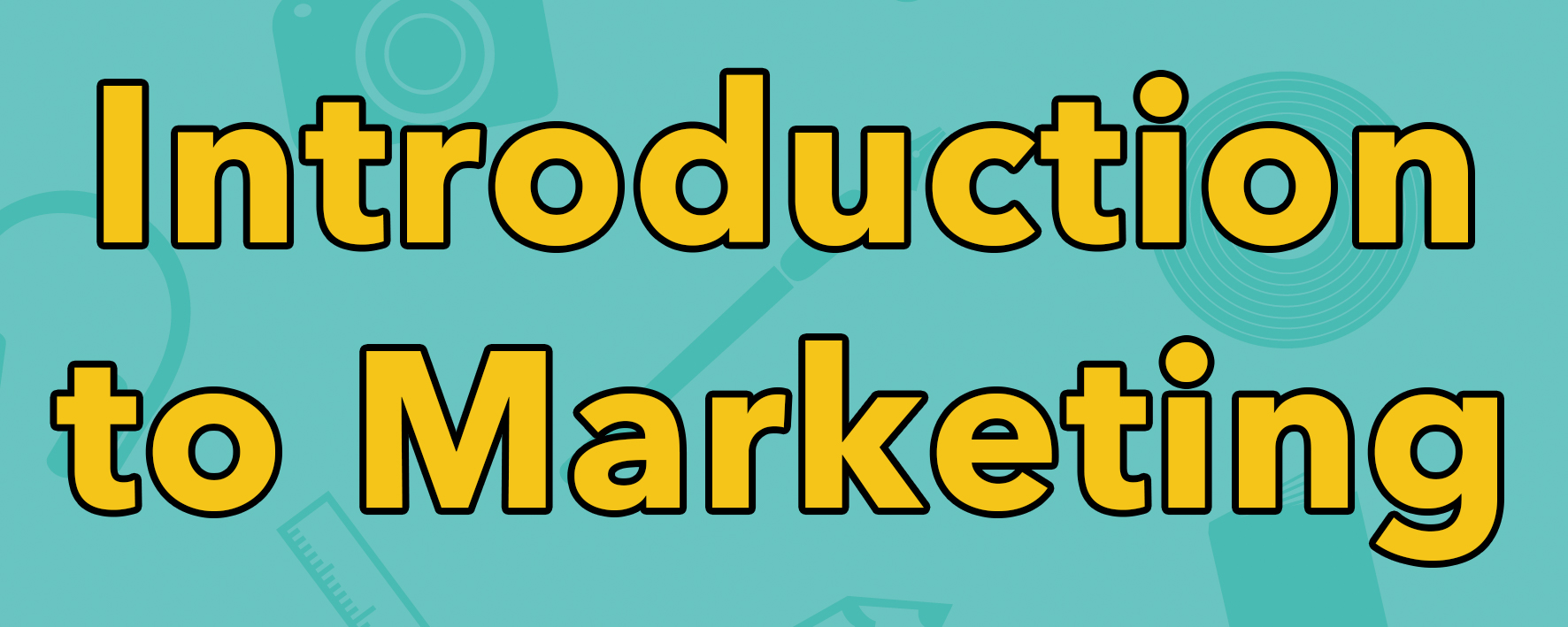Product
By this stage, you’ll probably already have in mind the kind of product or service you’re going to market.
Whether it is yourself as an artist, homemade wares or an event – developing your product to meet the needs and wants of your target market is an important part of marketing. Here are some questions you can ask yourself when developing your product:
Put yourself in your customer’s shoes. What would you want from your product?
What are your customer’s wants and needs?
Has your product or service satisfied those wants and needs?
What is the purpose of your product or service? Does it align with your organisational objectives?
What will you call your product?
How will your product be packaged or presented?
There is no doubt that understanding the wants and needs of your core markets will help you to develop profitable products and services; however, making sure your business is flexible enough to make changes to your product or service line if necessary, is equally as important.
Consumer tastes and preferences will inevitably change, so you need to be open in your approach. You may find that you need to make minor tweaks to your products or services or that you need to move into new markets.
Whilst it’s important to be mindful of your target markets when developing your product, ensure that you are still maintaining your artistic integrity and are creating work that you are proud of. There is a fine line between creating work with your audience in mind and creating work just to please your audience.
Your Brand
Your brand is more than your logo or business name. Your brand has the potential to differentiate you from your competitors and give you a market advantage. Over time, strong brands can create an emotional connection with consumers, and encourage brand loyalty.
If your business was a person, how would you describe their personality? Jot down key adjectives (e.g. fun, innovative, creative or professional). Once you have described the business personality you desire, you can work towards epitomising this in everyday business. Here are some things to remember about branding your business:
Over time, work towards integrating your brand into everything you do, from your logo and business cards to your website and social media.
Pick a brand name, tagline and logo that have positive connotations and resonate well with your audience. If you aren’t sure, ask your friends, family, existing customers or industry professionals.
Use designs and language in your business materials that reflect your brand. Once you’ve decided upon your brand and all of its elements (e.g. logo, name, tagline), use it consistently across all of your products/services.
Try and refrain from changing or modifying your branding too often to avoid customer confusion.
You are a walking advertisement for your project or business. Make sure you can describe what you do succinctly and passionately to anyone who asks.














